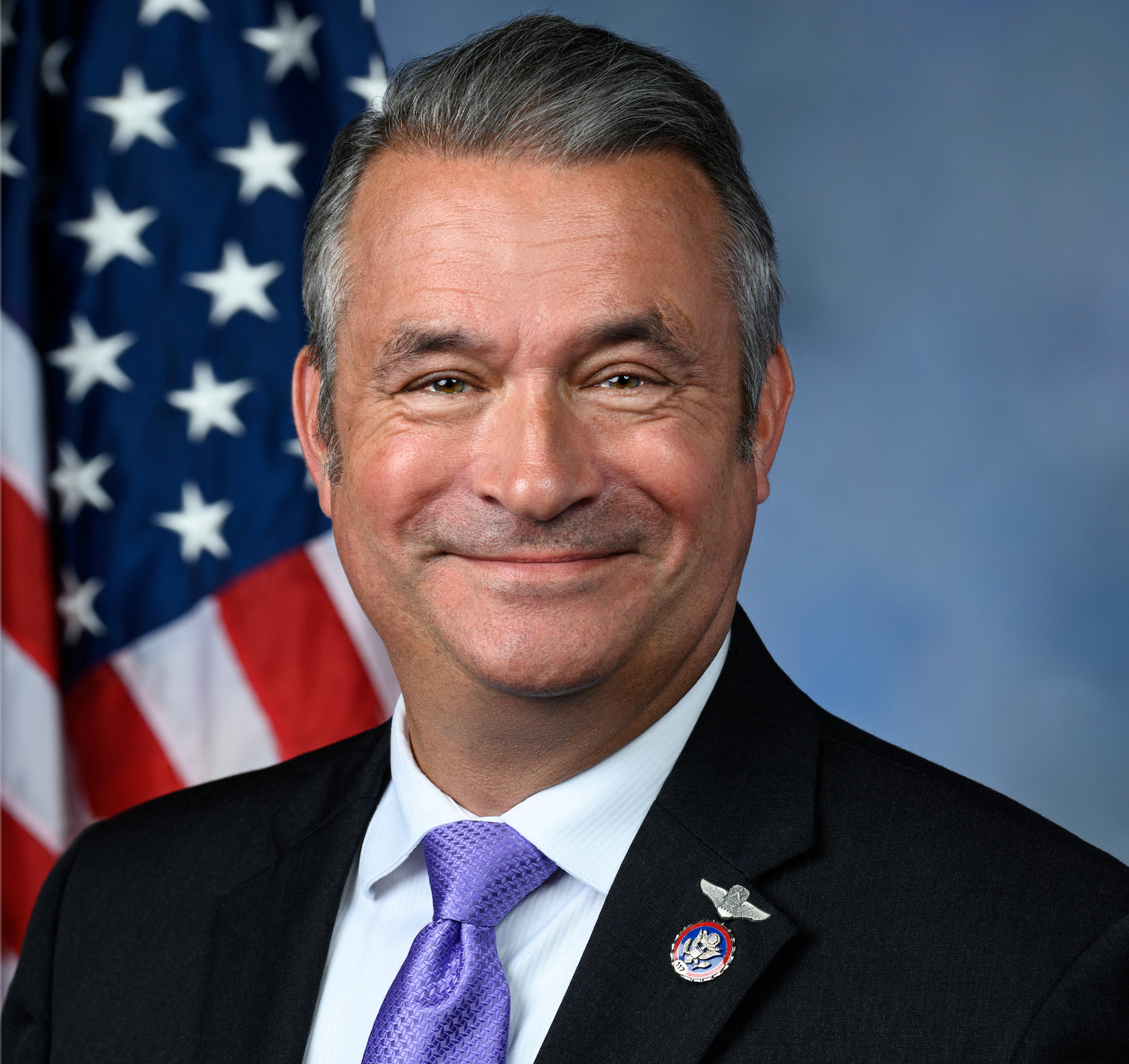
US congressman says Chinese spies hacked his emails
PHOTO CAPTION: Republican U.S. Rep. Don Bacon of Nebraska, running for re-election to the U.S. House of Representatives in the 2022 U.S. midterm elections, appears in an undated handout photo provided October 11, 2022. /U.S House of Representatives/Handout via REUTERS /File Photo
By Christopher Bing and Raphael Satter
WASHINGTON (Reuters) -Republican U.S. Representative Don Bacon late on Monday said the FBI had warned him that his emails had been hacked by Chinese spies, with both personal and campaign messages compromised.
Bacon was told the Chinese Communist Party had access to his accounts for about a month ending on June 16, he said on X, the social media platform formerly known as Twitter.
The news was first reported on Monday by the Washington Post.
The hack was the result of a "vulnerability in Microsoft software", Bacon said, an apparent reference to the hacking campaign that Microsoft disclosed last month, which reportedly resulted in the theft of hundreds of thousands of emails from senior U.S. officials, including U.S. Commerce Secretary Gina Raimondo and U.S. Ambassador to China Nicholas Burns.
CNN previously reported that email accounts in the U.S. House of Representatives were targeted as part of the same campaign.
"There were other victims in this cyber operation," Bacon said on X. "The Communist government in China are not our friends and are very active in conducting cyber espionage."
A Chinese Embassy spokesperson called the development a "smear" and part of a "groundless narrative," adding that the U.S. government had undercut China's sovereignty with recent arms sales to Taiwan, a self-governed island claimed by China.
The FBI and Microsoft declined to comment.
A spokesperson for Bacon said the FBI had told him that Chinese hackers compromised his email and stole information relating to personal banking, political strategy and campaign fundraising.
Bacon, who was elected to Congress in 2016, is a former Air Force brigadier general who currently serves on the House Armed Services Committee, which helps decide the U.S. military's annual budget and spending plans.
The congressman was likely targeted, according to his spokesperson, because of his public support for Taiwan and critical commentary about China's treatment of the Uyghur community.
(Reporting by Christopher Bing and Raphael Satter; Editing by Devika Syamnath and Jonathan Oatis)












